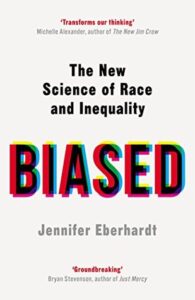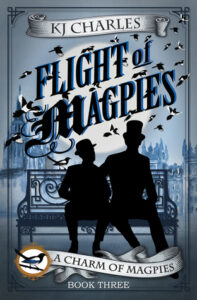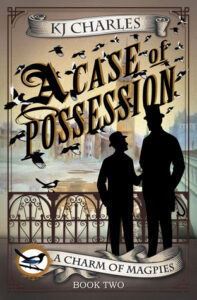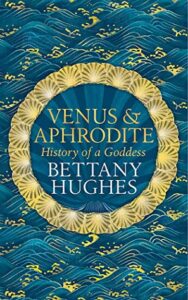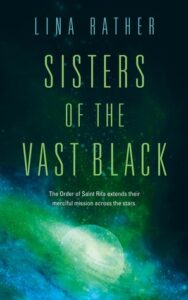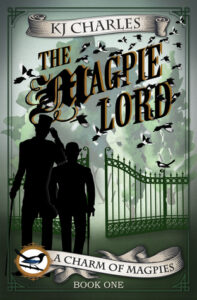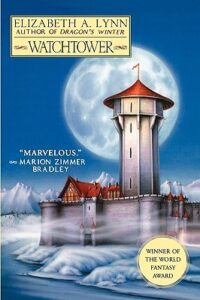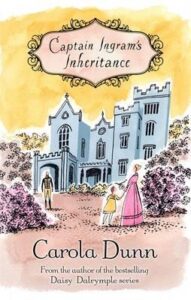 Captain Ingram’s Inheritance, Carola Dunn
Captain Ingram’s Inheritance, Carola Dunn
In Captain Ingram’s Inheritance, it’s Frank’s turn to find love. It begins with the move to Felix’s home, and part of it happens concurrently with the end of Lord Roworth’s Reward, as Felix and Fanny figure out their feelings and sort out their misunderstandings. Constantia, Felix’s sister, decides to nurse Frank and help him through his recovery from his injuries, and is overjoyed to be invited to help him set up home when he discovers that he is in fact heir to a substantial property. She’s reluctant to have a Season and go looking for a husband, and finds herself daydreaming about the (admittedly lower-class) soldier while nursing him.
Now, the main barrier for her and Frank is no longer class (as it was for Felix and Fanny) but a secret both are hiding… Constantia has a raised scar across her chest from a childhood accident, while Frank’s injuries have left him heavily scarred. Both feel they’re not desirable as a result, have nothing to offer a partner, might shock/frighten a partner, etc, etc. Now, I can understand having those feelings, but it makes it very much not a story I — scarred literally from head to food by my long history with skin excoriation disorder — thought I could really get into. But I enjoyed the previous two books, so I gave it time.
For the most part, it does not focus on the scarring. The two have fears about it and try to hide it, but the reveal doesn’t do anything too awful like “I’m damaged too” or such lines/ideas. They eventually each find out about the other’s scars, and are supportive of each other without focusing on it. I still don’t love this as a plotline, but I do enjoy Constantia and Frank, and the ending scene is very sweet.
There is also a non-romance plot involving Fanny and Frank’s inheritance; it’s almost something out of Dunn’s Daisy Dalrymple novels, with a rather wicked uncle doing his best to cause havoc. I found it fairly obvious, and also surprisingly slapstick in terms of the humour. Not my favourite bit of the novel. Also, sadly, Miriam is only mentioned, so no cameo from her.
Overall, I did still enjoy it, but maybe a bit less than I enjoyed Miss Jacobson’s Journey or Lord Roworth’s Reward. I think I will be trying to get myself a copy of all three of these, though!

